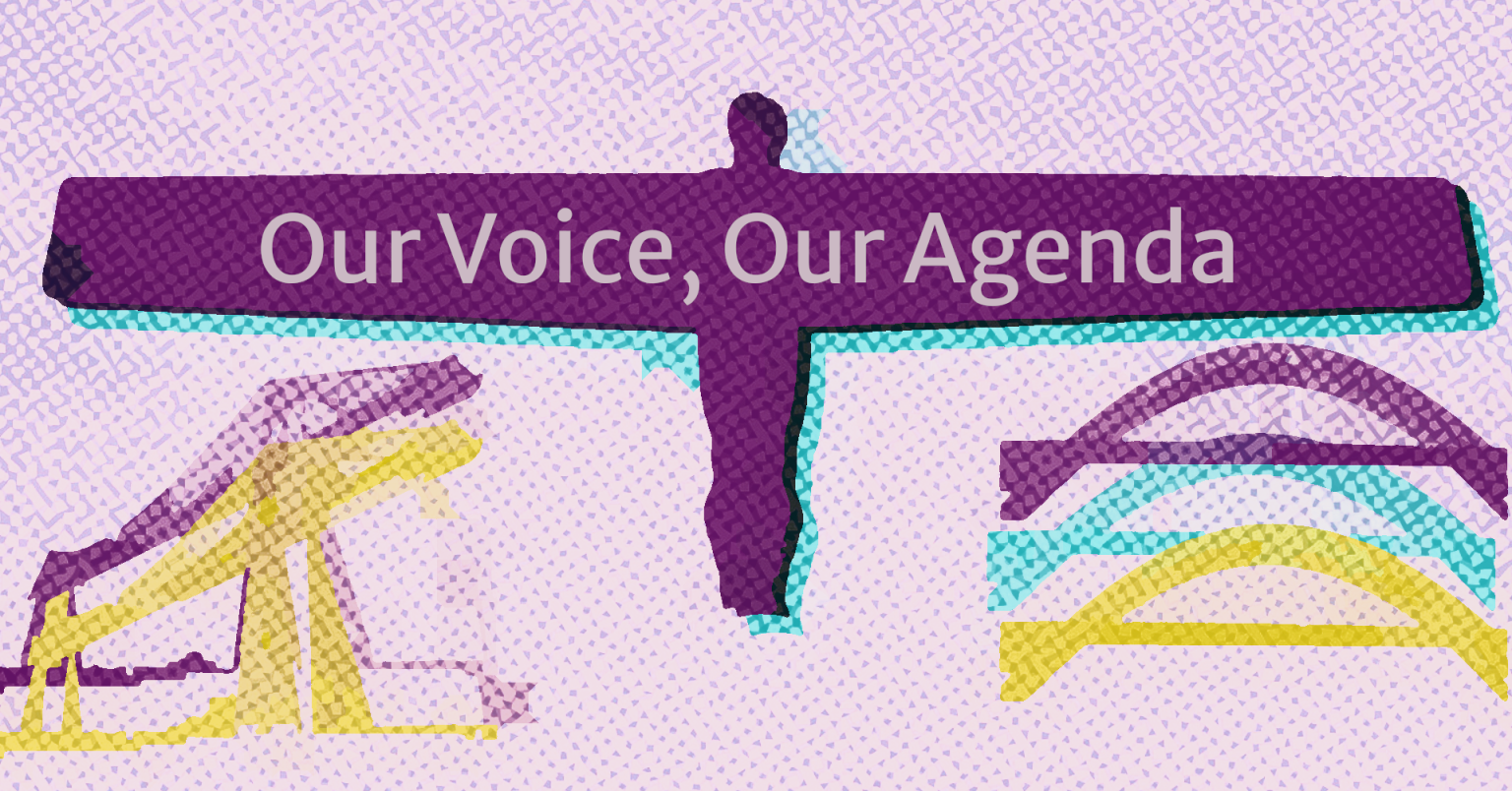Employment Barriers for Disabled People in the North East
Table of Contents
- Delays and Issues with Access to Work
- Employer Reluctance and Financial Concerns
- Stigma and Disclosure
- Transition from Education or Training to Employment
- Need for Reasonable Adjustments and Diverse Needs
- Importance of Inclusive Workplace Culture and Networks
- Barriers for Disabled People from Minority Backgrounds
Introduction - Employment Barriers for Disabled People in the North East
These meetings offer a vital space for disabled people to share their experiences, raise key issues, and influence change. At this meeting, the issue on the table was employment and this is what was discussed:
1. Delays and Issues with Access to Work:
Participants described significant delays in receiving support from Access to Work, with some only receiving assistance after employment ended. There was consensus that support should be available before employment starts, especially for those who need help with applications or interviews. The slow process discourages employers from hiring disabled people, as they may have to wait a long time for reimbursement or support. A member said:
“I put in an 'Access to Work' application in January this year for a replacement wheelchair, and I still haven't heard anything about it. Where are we now? First of October today.”
2. Employer Reluctance and Financial Concerns:
Employers may be hesitant to hire disabled people due to uncertainty about costs and the slow pace of government support. There was a call for the government to provide more direct support and clear information to employers about reasonable adjustments. One participant said:
“Government needs to do better, what does it say to employers when applicants are just unable to get access to work support because of Government slowness? Why should they care?”
3. Stigma and Disclosure:
Many disabled employees do not disclose their disability due to fear of stigma or negative value judgments in the workplace. Anonymous staff surveys often reveal a higher number of disabled employees than official records, highlighting underreporting due to workplace culture. One participant expressed this by saying:
“There's a lot of shame and stigma associated with being disabled, and a lot of people run away from it, particularly in a work environment where judgments might be made by nondisabled staff about what a disabled employee can and cannot do.”
4. Transition from Education or Training to Employment:
While there are many courses and training opportunities, the transition to actual employment remains a significant barrier. Support services are often better at getting disabled people onto courses than into jobs. A member highlighted this by stating:
“I have never found be a problem about getting disabled people onto courses. They can do course after course after course. It's making that transition from study to work. That's the issue here in County Durham that a lot of people struggle with.”
5. Need for Reasonable Adjustments and Diverse Needs:
Meeting the varied needs of disabled employees is complex, especially for organisations engaging with large or diverse communities. There is no one-size-fits-all solution, and organisations struggle to provide tailored support. One member said:
“It's not that difficult getting someone's reasonable adjustments in place, in fact, good employers should be proud of how they can support each employee as an individual.”
6. Importance of Inclusive Workplace Culture and Networks:
Staff networks and inclusive practices can help drive change and support disabled employees. However, organic growth of such networks can be slow, and proactive outreach is often needed. One member said:
“Disabled staff networks can be really great, a way to embed disability rights is the foundation of an organisation, keeping them on track.”
7. Barriers for Disabled People from Minority Backgrounds:
Additional challenges exist for disabled people from ethnic minority backgrounds, including cultural stigma and lack of engagement. This was recognised by one participant, who said:
“We really need to reach out and find disabled people who are not White British and who are reflective of minorities across the region.”
Next Steps
Difference will take these messages and use them for our campaigning for more equal and equitable employment services in the North East for disabled people. We will be working with NEMCA [North East Mayoral Combined Authority] to ensure the voices of disabled people are included in their employment initiatives.
Next Meeting
These meetings run every two months. They are unscripted, unless someone is interested in focusing on a specific issue, so they are a great opportunity at dealing with both new and entrenched issues of unequal rights.
Here are the joining instructions for next time:
Register in advance for this meeting:
After registering, you will receive a confirmation email containing information about joining the meeting.



